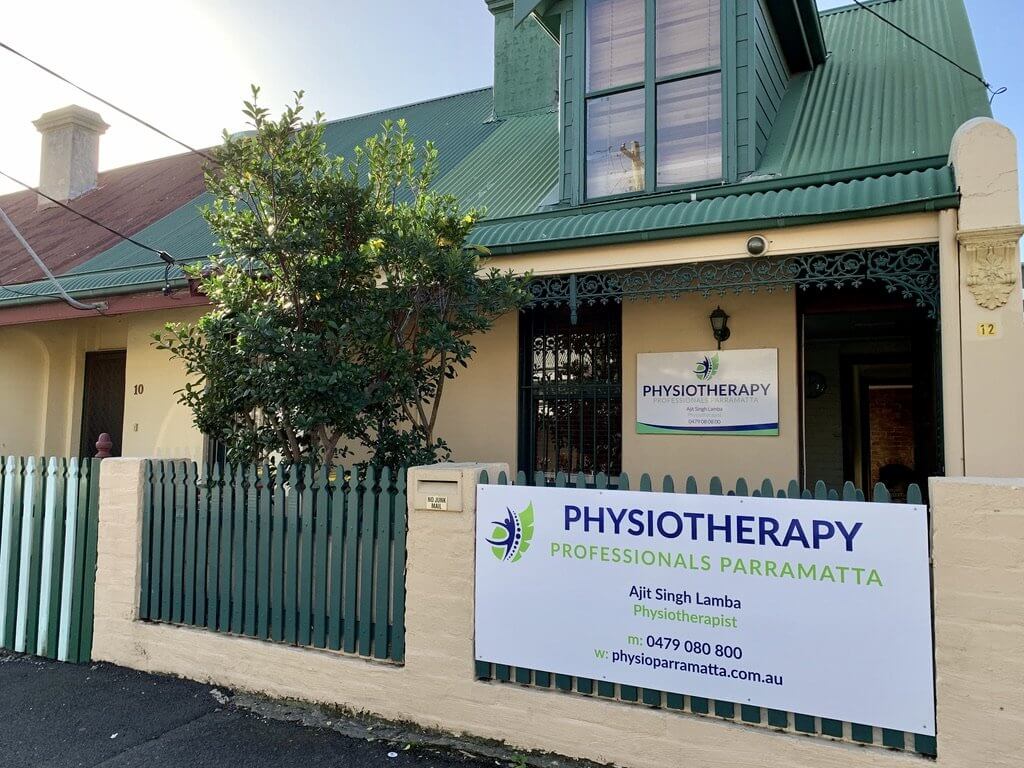How Physiotherapy Helps Car Accident Injuries

How Physiotherapy Helps Car Accident Injuries
Symptoms after a car accident vary and can become long-term and serios symptoms. In addition to emotional and mental trauma, a car accident may cause physical damage to the body that can affect one’s quality of life. Some injuries may not be evident following the incident. It may take a few days before the symptoms start to show. This is very common comment from the patients we see at Physiotherapy Professionals Parramatta. Getting immediate treatment is crucial to prevent injuries from causing more complications. Most car accident related injuries can be treated effectively through Physiotherapy.
Common Injuries after a car accident
The most common types of injuries that can result from a car accident can frequently be treated and resolved through physiotherapy treatment, getting you back in step with your daily routine pain-free.
- Whiplash – Considered as the most common car-accident injury, whiplash affects the muscles, ligaments, and tendons. During a car accident, the body is moved suddenly. This causes the neck to whip back and forth rapidly, injuring the muscles, tendons, and other soft tissues in the neck. Depending on its severity, whiplash can be painful and take several weeks or months to heal.
Symptoms can include neck pain, stiffness, and restricted neck mobility, with symptoms sometimes taking days or weeks to develop. Pain and discomfort may worsen over time with movement. An X-ray, CT scan, or Magnetic Resonance Imaging (MRI) may be required for proper diagnosis. It is quite possible scans will not show any changes as whiplash injuries often do not show up but do create symptomatic changes.
- Herniated Disc – Some accidents may result in structural spinal problems. Although this is not a life-threatening condition, it can cause severe pain. During a car accident, the spine is subjected to a series of sudden strong impacts, placing pressure on the disc. This forces the nucleus to push out through the fibrous exterior of the disc. The risk of a herniated disc increases with age-related degeneration. While most herniated discs resolve on their own, some may require surgical intervention. While some of its symptoms may not be debilitating, others report immediate, severe pain after the accident. Shooting pain, muscle weakness, and permanent nerve damage may result if treatment is delayed.
- Knee Trauma -Blunt force to the knee can cause trauma to the kneecap and ligaments. Knee trauma can be complicated and painful. Its most common symptoms include bruising to the affected area, reduced knee strength, pain, and limited range of motion It can also potentially lead to difficulty in walking. Your Physiotherapist may prescribe knee braces, crutches, or surgery to correct the damage and rebuild its natural structure.
- Traumatic Brain Injury – The injuries and complications caused by traumatic brain injuries can affect the victim’s quality of life. Symptoms can be wide-ranging physical and psychological effects. Mild traumatic brain injury may temporarily affect the brain, while a serious one can cause bruising, bleeding, torn tissues, and physical damage to the brain. If left untreated, TBI may potentially result in long-term problems with brain functions.
Treatment After a Car Accident
Early intervention following a car accident promotes recovery from injuries. Initial treatments, including hands on Physiotherapy, manual therapy and pain relievers, are meant to relieve pain and prevent aggravating injuries and do not directly address and treat damaged soft tissues and other underlying problems.
No matter how minor the injury may seem, seek medical treatment as soon as possible. Generally, injuries can have a different impact on each body part. The type of therapy needed and period of recovery may depend on the affected body part and the severity of the injury. Through proper diagnosis and personalized treatment, you can live a pain-free life and regain mobility.
Seeking immediate medical attention is also essential in avoiding long-term health-related consequences. Getting a professional health evaluation helps identify injuries you are not aware of, which may likely get serious without treatment.
- Educating patients about the correct body posture and positioning to manage pain effectively
- Various exercises which help minimize pain and restores strength and mobility
- Manual therapy to improve range of motion and reduce pain
- Different modalities (e.g. acupuncture, chiropractic care, massage therapy) for pain relief
- Rehabilitation programs to help patients safely resume their normal activities, sports, and work
How Physiotherapy Helps Car Accident Injuries and Benefits of Physiotherapy
- Supports Fast Recovery – Stiffness, pain, impaired range of movement, and chronic headache prevent patients from returning to their normal daily routine. However, getting the right physiotherapy care aids in speeding up the patient’s recovery by improving their strength and flexibility and keep painful symptoms at bay.
- Prevents Long-Term Damage – In addition to increasing flexibility, strength, and mobility, physiotherapy also helps prevent further complications, including migraine, inability to walk, and chronic pain. If not addressed right away, the injuries can cause lingering damage. The sooner patients start their recovery program, the more likely they are to enjoy a relatively pain-free life for years to come.
- Alleviates Pain – Physical activity is essential for reducing pain and spurring recovery. Being physically active enables the body to pump nutrient and oxygen-rich blood to the injured areas. Physiotherapists prescribe various individualized programs, including strengthening and stretching exercises to address pain and poor body mechanics.
- May Avoid the Possibility of Surgery – In some cases, patients may require immediate surgery to treat their injuries. However, minor problems may escalate over time, requiring surgery later in life due to the combination of the initial damage and increased wear and tear of the injured soft tissues over time. Physiotherapy can avoid the need for such surgeries by strengthening weakened muscles, ligaments, and tendons.
Contact Us:
For more information on how we can further assist you, please call our clinic number on 0479 080 800 or send us an email on admin [email protected] for further details. Our Physiotherapists are Medicare, NDIS, DVA and Work Cover approved, specialising in injury management and rehabilitation to get you back on track.

